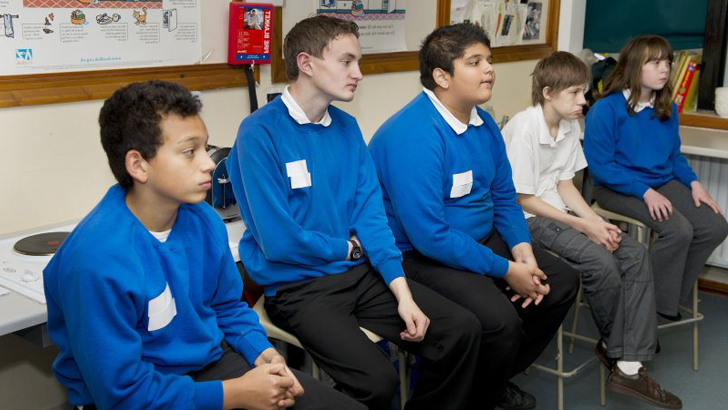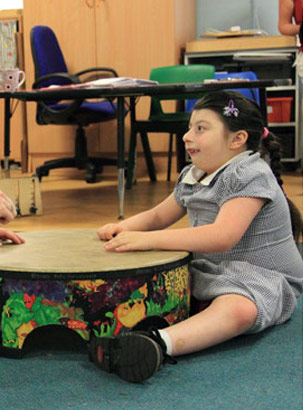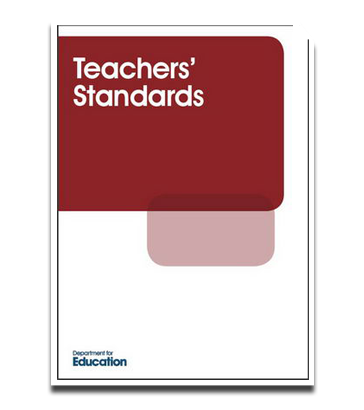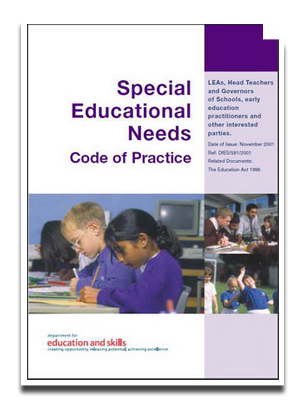

Level B of this module introduces the challenges of delivering the
curriculum for children with SLD/PMLD/CLDD and examines best practice.
It looks at a range of issues and techniques including Intensive Interaction, the creative arts, thinking and problem solving
skills and the physical curriculum. It also gives an overview of independence, learned helplessness and care in the curriculum.

The materials in this level are intended to provide those working with children with SLD/PMLD/CLDD the tools to be able to:
- Understand how individual needs relate to levels of cognitive development, in the context of a personalised curriculum;
- Understand that learning will involve both skills and process based methodology if progress is to be made; and
- Recognise the integral and essential role of the adult in effective learning and knowing that skills and understanding need to be generalised.
.
Details of the professional standards which apply to all teachers in England can be obtained from the Department for Education website. These standards apply to all teachers regardless of their career stage and all aspects of the standards are relevant to teachers working with children with special educational needs.

As defined by the Department for Education Special Educational Needs Code of Practice (2001), Children have special educational needs if they have a learning difficulty which calls for special educational provision to be made for them.
Children have learning difficulty if they have:
- A significantly greater difficulty in learning than the majority of children of the same age, or
- A disability which prevents or hinders them from making use of educational facilities of a kind generally provided for children of the same age in schools within the area of the local education authority.

With thanks to the professionals who contributed to this module:
Module Content
Peter Imray, Head of Training, The Bridge School, London
Dr Vivian Hinchcliffe, Executive Headteacher, Drumbeat School and ASD Service
John Truman, Independent Educational Consultant
All modules produced by The Schools Network and
Real Group (UK) Ltd for the Training Development Agency for Schools (TDA).
Editorial Team
Dr Mark Turner, Real Group (UK) Ltd
Professor Hilary Constable, The Schools Network
Jo Egerton, The Schools Network
Anne Fowlie, The Schools Network
John Truman, The Schools Network
Annie Grant, Independent Consultant
Production and Design
Jonathan Bond, Real Group (UK) Ltd
Colm Gibson, Real Group (UK) Ltd
David Hutter, Real Group (UK) Ltd
Ruth Earl, Real Group (UK) Ltd
Video, Audio and Photography
Atomic Productions
Project Management
Professor Barry Carpenter, The Schools Network
Alan Macgregor, Real Group (UK) Ltd
Sylvia Paddock, The Schools Network
Dr Mark Turner, Real Group (UK) Ltd
Caroline Ward, The Schools Network
Thanks to all the children, parents, carers, assistants and teachers for their involvement.